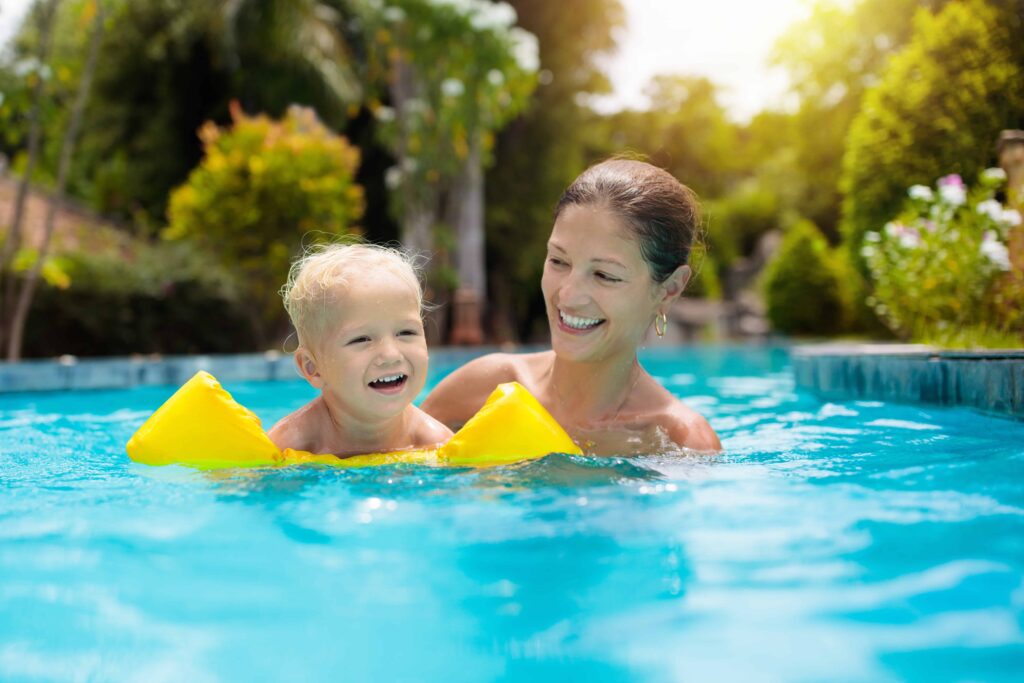Building quality sport participation
For children with intellectual and developmental disabilities, quality participation is built from six building blocks: autonomy, belongingness, challenge, engagement, mastery, and meaning. Sport and recreation programs that actively support these building blocks create satisfying, enjoyable and meaningful experiences for their participants, which, in turn, supports lasting participation.
Is it time to rethink our long-term sport participation models?

In Canada, Sport for Life’s long-term athlete development model (Balyi, Way, & Higgs, 2013), now known as Long-Term Development (LTD) in Sport and Physical Activity, has served as the guiding framework for national, provincial and territorial sport programming since 2005. However, multiple models of sport participation exist in the academic literature and around the world….
Keeping girls in sport
Does age of entry into sport influence girls’ future sport participation? A new study suggests that girls who begin participating in sports from the ages of 6 to 9 have higher retention rates than those who begin participating later in life. These findings emphasize the importance of targeted retention strategies and supportive sport environments for adolescent girls…
Indigenous youth
Parents and families play an important role in Indigenous youths’ sport and physical activity participation. Involving parents and families in the development and implementation of sport and physical activity programs may be particularly important for increasing the participation of Indigenous youth.
“Playing for team motherhood”: Returning to team sport after childbirth

“After each pregnancy, I wonder if I’m gonna be able to get back to where I was before. I want to be able to jump and hit the ball or catch the frisbee. I want to be able to perform the way I used to. I put this pressure on myself to be back where…
Building a co-participation program
Swim Together, a mother-daughter swim program, is an example of how sport organizations can promote the health and well-being of women and girls by allowing them to participate together in organized sport. In the SIRC blog, learn how to build a co-participation program by drawing on your organization’s capacity strengths, embracing evaluation, and developing pathways…
Social snow sports
Women are often underrepresented in snow sports, such as skiing and snowboarding. One way to attract new participants, especially women, to snow sports is to promote wellbeing outcomes. This can include the creation of spaces to facilitate new social connections among women in the sport.
Gender and sport ambition
In Norway, boys and girls participate in sport at about the same rate. But while boys are more likely to talk about becoming professional athletes and going “all in,” girls are more likely to talk about their goals in terms of skill development. Cultural narratives influence girls’ and boys’ sport-related ambitions, which in turn influences…
LGBTQI2S inclusion
Young adults who identify as LGBTQI2S are “game to play” sports, but frequently report experiences of discrimination and exclusion. Sport programs that are not based around biological sex or gender, but rather provide inclusive and affirming spaces that celebrate diversity, have strict zero-tolerance approaches to homophobia, biphobia and transphobia, and emphasize fun help to create…
Promising practice
A partnership between Brock University and the Niagara 2022 Canada Summer Games is raising the bar for legacies from major games. In addition to infrastructure and operations legacies, the university has invested in a number of academic legacies – research, curricular connections, and community engagement. With universities and colleges common Canada Games partners, the model…